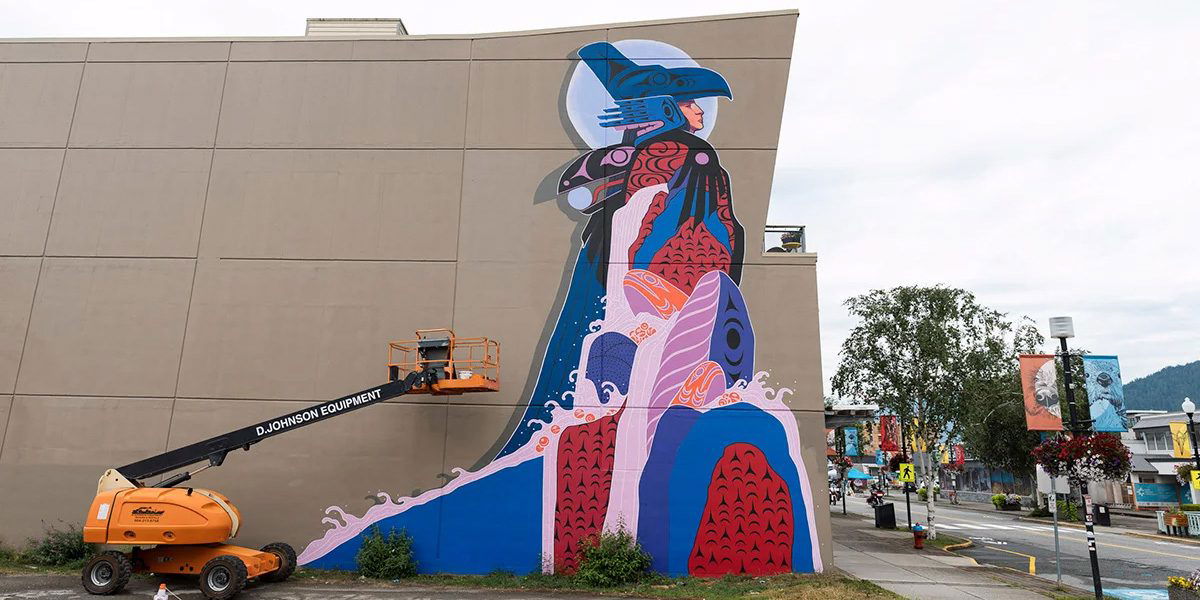
The specific legal considerations will differ based on the type of art, location, and its size. Artists should consider the following with each public art project:
- Consult with legal professionals experienced in public art projects to navigate any legal concerns effectively. Local laws and regulations can vary, so obtaining legal advice specific to the project’s location is helpful.
Copyright and Intellectual Property
Full Ownership by the Artist
Transfer of Ownership to the Commissioning Organization
Many public art projects involve a transfer of ownership or licensing of the artwork to the commissioning organization. In such cases, the entity often obtains the right to display, maintain, and potentially relocate or remove the artwork.
Shared Ownership or Licensing Agreement
Temporary Installations and Loan Agreements
It’s crucial for artists and commissioning entities to have clear and well-drafted agreements outlining the terms of ownership, usage rights, responsibilities, and any other relevant details. Legal documents, such as contracts or licensing agreements, should specify whether the artist retains copyright and what rights are granted to the commissioning entity.
Understanding and negotiating these terms are essential for both parties involved. Artists should be aware of the potential impact on their ability to reproduce or sell the work, while commissioning entities need to ensure they have the necessary rights to maintain and display the artwork in a public space.
For full copyright information, artists and commissioning organizations should consult the Canada Intellectual Property Office, Copyrights .